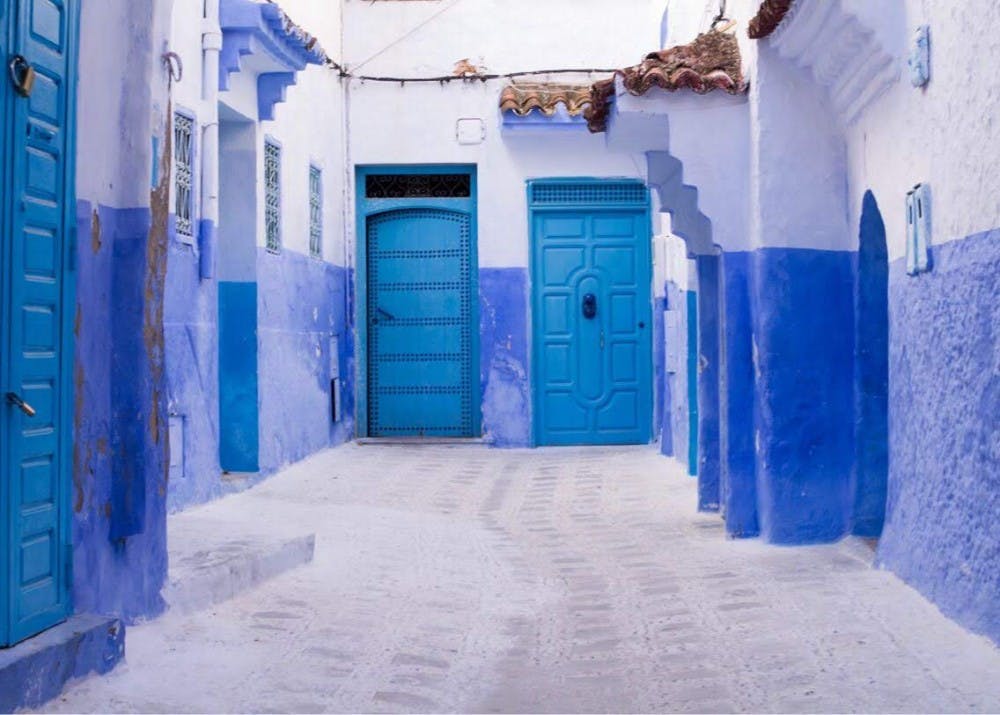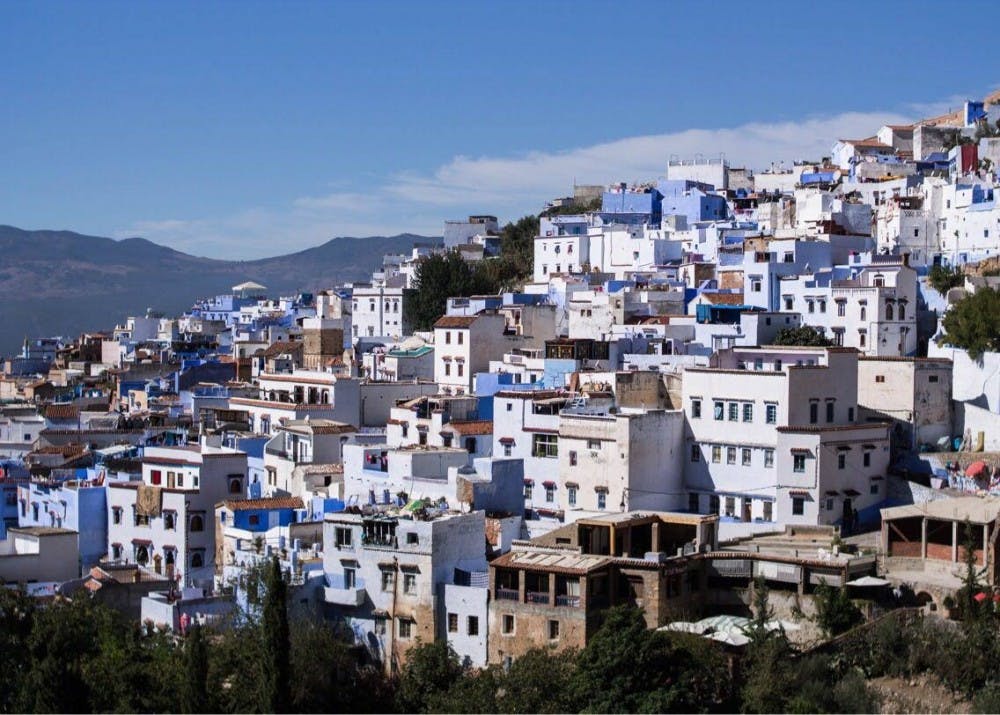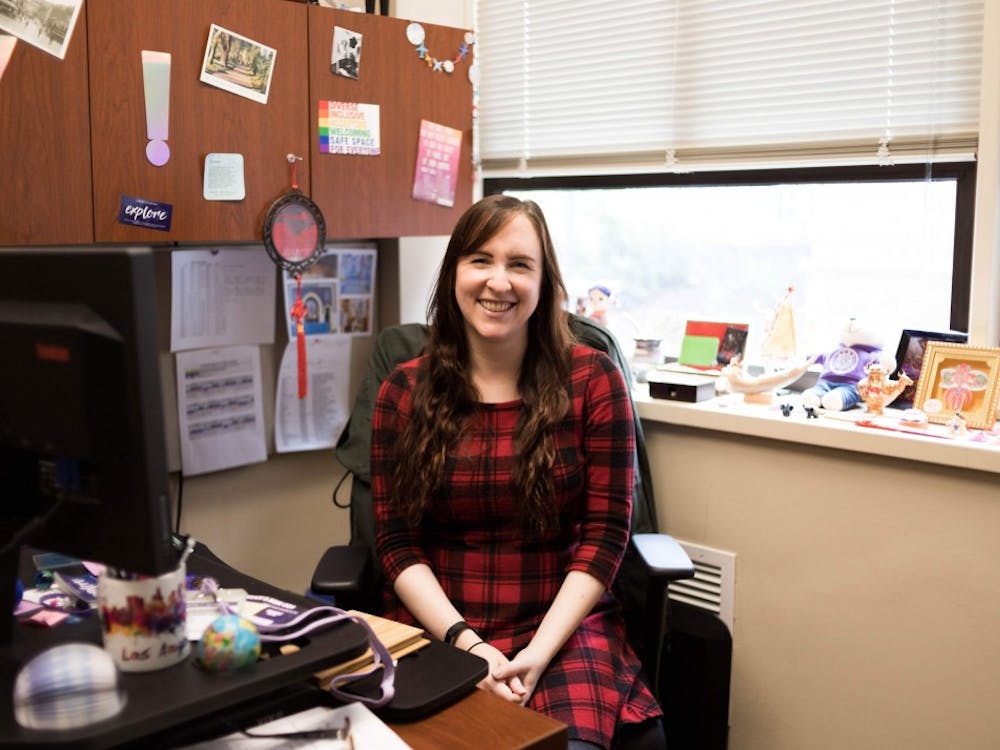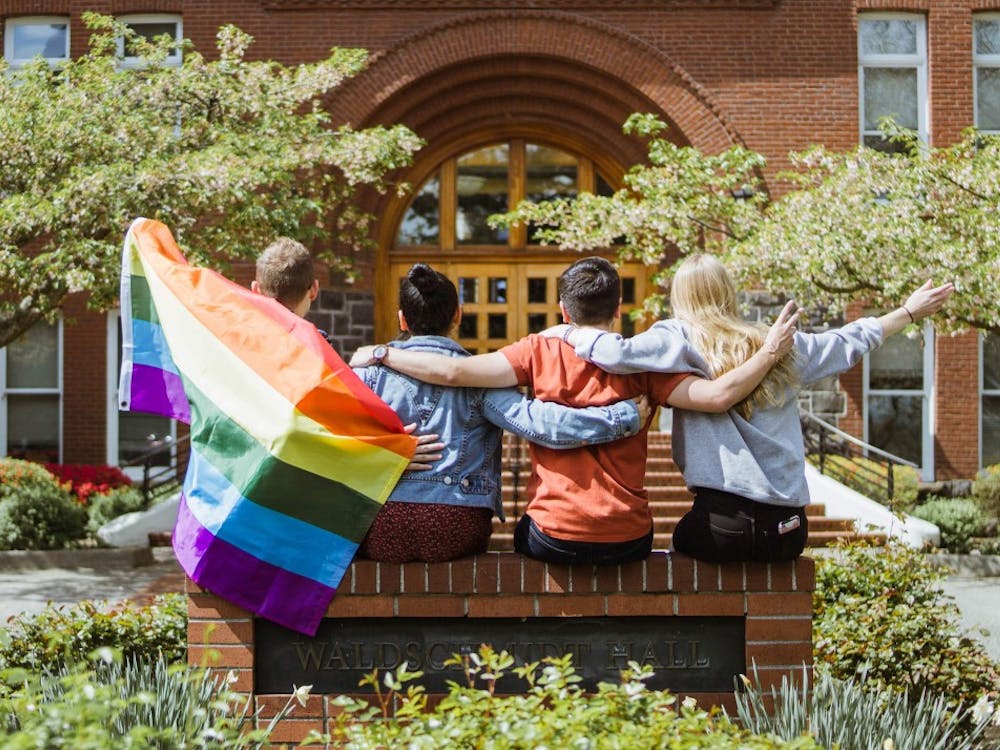This year, the Franz Center for Leadership, Entrepreneurship and Innovation is launching a new summer 2020 study abroad program in Morocco.
This program is for students to strengthen their leadership skills by engaging and building relationships through cultural immersion with the people of Morocco. Applications are open until Oct. 1 and decisions will be made in November.
“Part of this is giving us the opportunity to deeply reflect and giving us the experience to be immersed,” said David Houglum, director of Leadership in the Franz Program. “There is a substantial immersion quality in this experience for students to really get the opportunity to engage with the people in Morocco, where they will hopefully get to build relationships and hear stories, so there is a sense of mutuality and reciprocity.”
The program in Morocco runs May 5 to May 31. The trip will cost between $5,500 and $6,000 and will cover flights, transportation, all program activities, food, lodging and other expenses.
Houglum and Kallan Picha, director of Studies Abroad, are leading the trip with Carpe Diem Education, an organization that designs culturally unique and immersive programs.
Carpe Diem has worked with UP to design past programs to India and two in New Zealand, as well as two canceled programs to South Africa and Nicaragua.
“Carpe Diem (is) big on program design and service-learning and leaving the place better than it was when you arrived,” Picha said. “Not just being the typical tourist, so really getting to be with people from Morocco and seeing how their daily life is.”

The city of Chefchaouen in Morocco is painted almost entirely in blue as a way to keep the city cool.
The program has three phases: a class offered in the spring of 2020, the actual trip to Morocco and a post-trip debriefing of the students’ experiences.
The spring semester portion of LDR 391 serves as an introduction to the themes and issues that they will explore in Morocco, like environmental awareness, women's empowerment, immigration and migration.
Eduardo Contreras, assistant provost for International Education, Diversity and Inclusion, said the academic work is front-loaded in the spring semester course. So, when students are in Morocco, they are learning from intercultural engagements with local leaders, rather than writing papers and reading books.
The class focuses on teaching safety when traveling, cultural differences, global leadership, adaptability and forming relationships with the other participants.
“(The class) serves as a preparation phase as well as helps to create a dynamic amongst all the students,” Houglum said. “We don't want to drop the students there and say, ‘Ready, set, go.’ We are actually creating the relationships ahead of time so we can have a much deeper relationship ahead of time.”
The second phase will take place while in Morocco. There, the students will focus on building relationships with locals, such as leaders, government workers, people working in sustainable farming and indigenous rights activists.
While in Morocco, students will spend three days doing homestays, spend time in major Moroccan cities like Fez and the famous blue city Chefchaouen, as well as take a ferry into Spain.
Houglum hopes to uproot students from their comfort zones and put them in a position where they are challenged and unsettled so they can learn from their experiences and use that knowledge to make a difference in the real world.
The third phase will take place after Morocco and will consist of an essay detailing their experiences, due a month after the trip returns. There will also be a reflective debriefing session during the fall 2020 semester.
“We think that if students are continuing their studies at UP, then they will be able to take what they learned and integrate them back into their majors and into the rest of their lives as they continue on into the world,” Houglum said. “We hope that our leaders can be those types of difference makers”
William Seekamp is a reporter for The Beacon. He can be reached at seekamp22@up.edu








